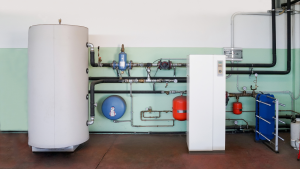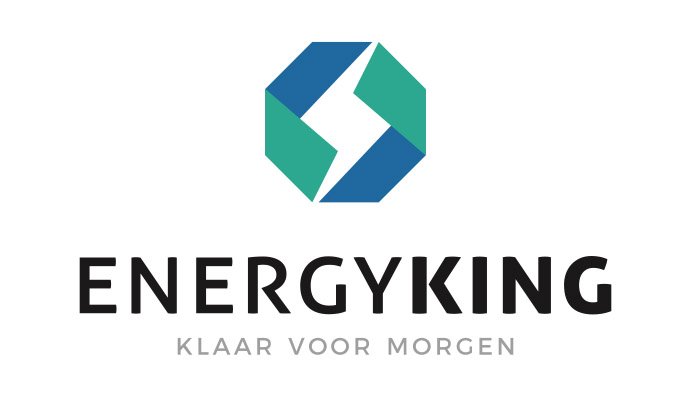Heat pumps are often considered the green future of heating systems, and rightly so. With just 1 kWh of electricity, these innovative devices can produce as much as 3 to 5 kWh of green heat. Not only is this environmentally friendly, but it can also lead to a significant reduction in CO2 emissions. But despite their ecological benefits, purchasing heat pumps in Belgium remains a financial challenge, mainly because of higher electricity prices compared to natural gas. In this article, we will explore why heat pumps are so important for the environment, why they are not yet widespread in Belgium, and what steps can be taken to make these investments more attractive.
Why heat pumps are crucial for the climate
If we in Belgium stopped heating our buildings with petroleum or natural gas, it would significantly reduce CO2 emissions, according to Kristof Eggermont of Econopolis Strategy. He argues that we have plenty of climate-friendly alternatives, with heat pumps as a promising option. They have the potential to achieve significant energy savings and reduce dependence on fossil fuels.
The challenge: High electricity prices vs. gas prices
Although heat pumps are environmentally friendly, high electricity prices in Belgium are an obstacle to their widespread adoption. Compared to gas heating, the payback period of a heat pump is considerably longer. The price ratio between electricity and gas in Belgium is still not favorable for heat pumps, despite improvements in other European countries.
How do you shorten the payback period?
To make heat pumps more attractive to households, the payback period must be reduced to an acceptable 15 years. According to calculations by Econopolis Strategy, electricity should be only 1.6 times more expensive than gas for existing homes in Belgium, compared to 2.4 times for new or heavily renovated buildings. The government can play a crucial role here by implementing tax shifts, taxing electricity less and gas more. This would provide economic benefits to households and encourage them to opt for climate-friendly alternatives such as a heat pump.
Lessons from neighboring countries around heat pumps
The Netherlands is a good example of how a shift in taxes can lead to greater acceptance of heat pumps. In Belgium, people paid 3.5 times as much for electricity as gas in 2022, while the ratio was already more favorable in the Netherlands. By reducing taxes on electricity and increasing those on gas, governments can send a clear signal that green heating systems such as heat pumps are the future.
Conclusion
Heat pumps have the potential to contribute significantly to the reduction of CO2 emissions and the transition to sustainable heating systems. However, in Belgium, high electricity prices remain a stumbling block to their widespread acceptance. It is up to the government to take steps to make the price ratio between electricity and gas more favorable so that heat pumps become more financially attractive. This would not only benefit the environment, but also help households save on their energy bills, and take an important step toward a more sustainable future.





